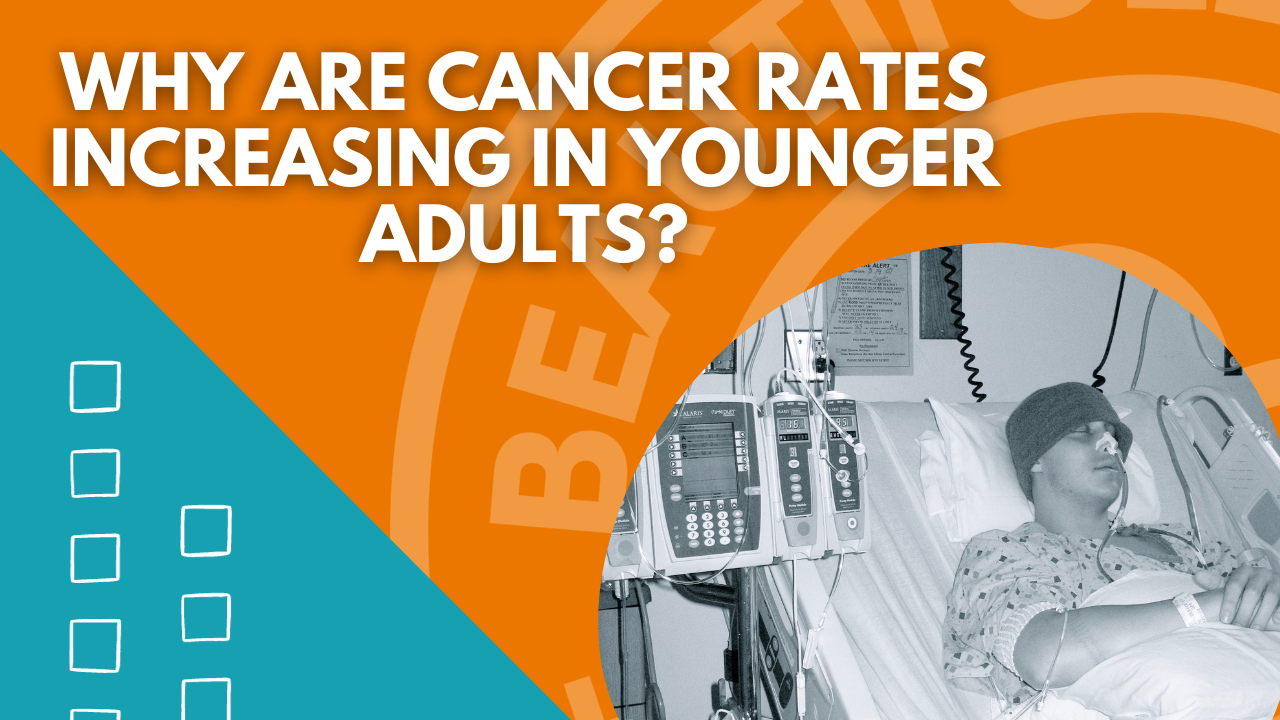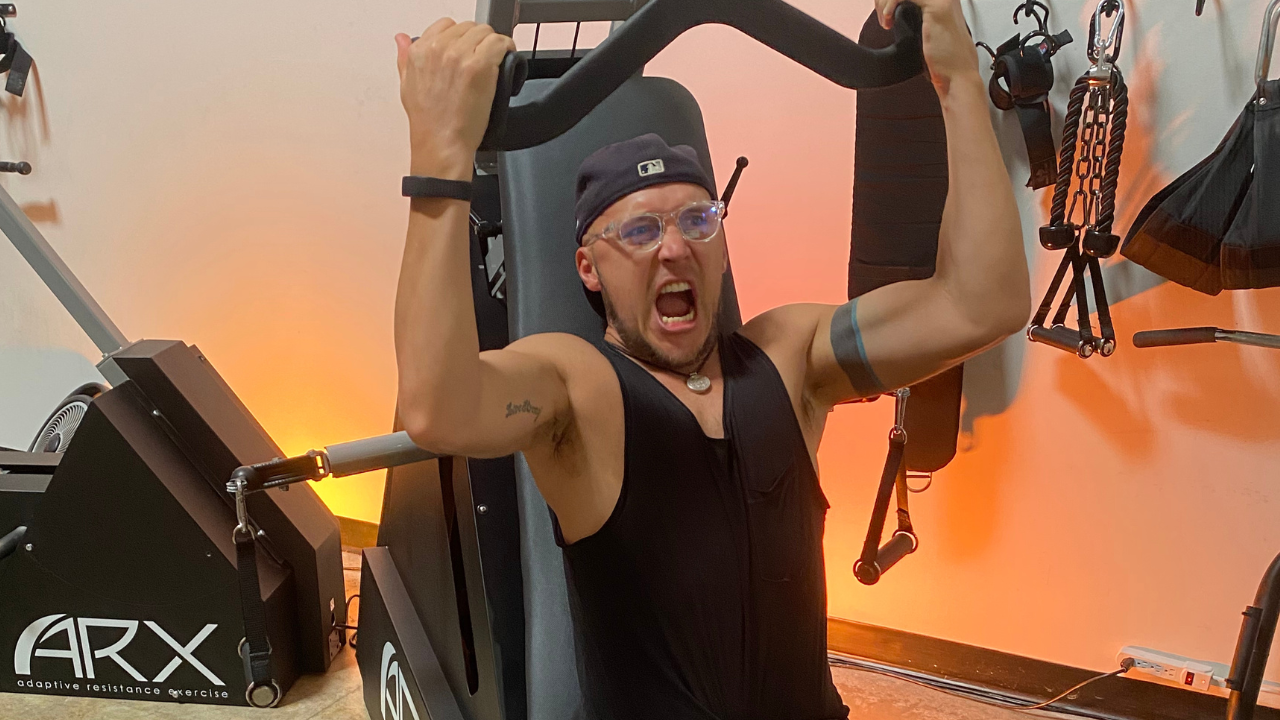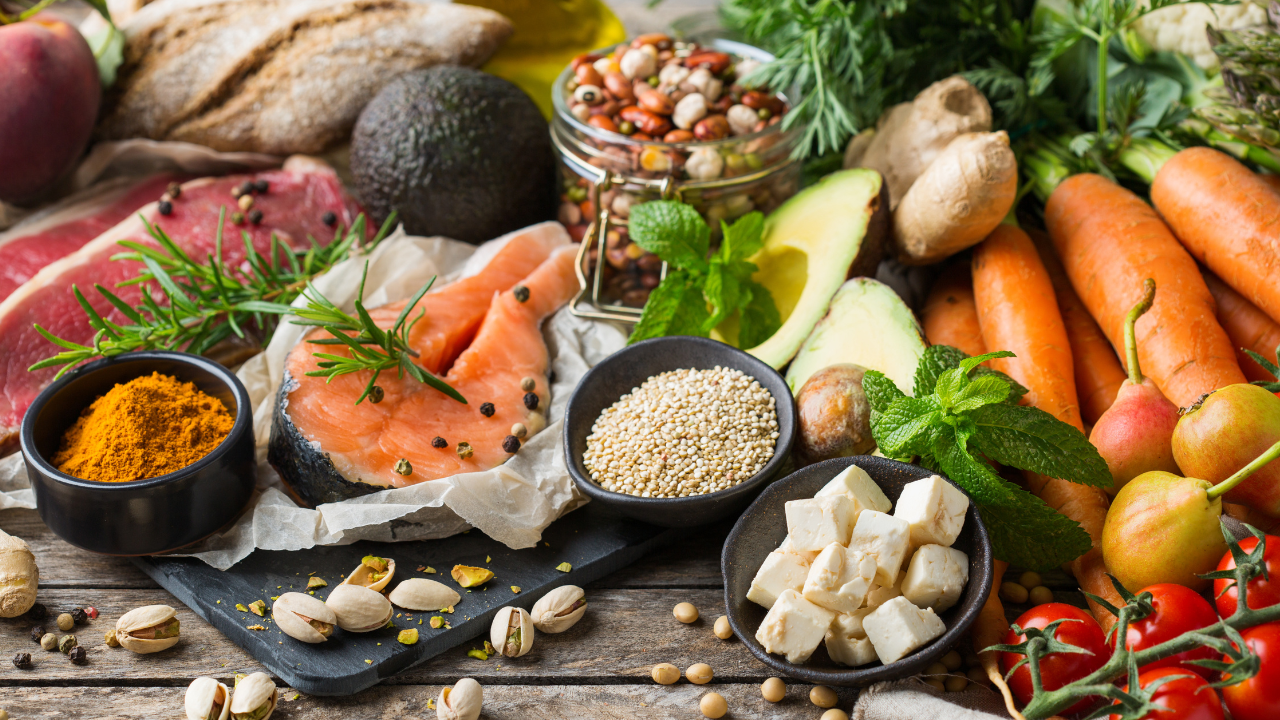The Hidden Epidemic: Why Are Cancer Rates Increasing in Younger Adults?
Sep 16, 2023
“Cancers with the highest numbers of early-onset cases diagnosed in 2019 were breast (12,649 cases), thyroid (5,869), and colorectal cancers (4,097).
The biggest increases in early-onset cases were in cancers of the appendix, which went up 252%; cancers of the bile duct, which went up 142%; and uterine cancer, which increased by 76%.
Incidence rates of early-onset cancers of the gastrointestinal tract grew the fastest from 2010 to 2019, increasing by nearly 15%.
Previous research has shown a rise in cancers of the digestive system, particularly colorectal cancers, among adults younger than 55 since the 1990s”
Awakening to a Silent Crises
We are living in an era of great technological advancements and promises of longevity, prolonged youthfulness, and vitality. Youth is praised as invincibility, the epitome of health, and the source of boundless energy. But there is a silent crisis going on that we are not aware of. The harsh truth is that cancer rates in younger adults are rising! This emerging trend is not lost on me as I was diagnosed with cancer at 26 years old with over 9 tumors in my abdomen and a primary tumor in my left testicle. (READ MY FULL STORY)
A government-funded study of 17 National Cancer Institute registries looked at more than 500,000 cases of cancer in patients under the age of 50. Over a decade, between 2010 and 2019, the rate of cancer in young adults in their 30s significantly increased, while it hasn’t changed in other age groups under 50. Astonishingly, cancer rates in adults over 50 are reducing.
Why is this happening? What has contributed to this unexpected epidemic? What has changed in our lifestyle or our environment that could so drastically influence the lives of young and healthy people in their prime?
The Alarming Statistic: Numbers Don’t Lie
Let’s dive into research data and see what we can find out. The only age group that showed cancer increase is young adults in their 30s. Other age groups are either stable or showing a decrease in numbers, like adults older than 50.
The above-mentioned study found that overall, early-onset cancers increased 0.28% each year over the decade. This change is mostly caused by the rise of cancer rates in young women – 0.67% each year. From 2010 to 2019, cancer rates in young women increased by 4.35%!
When we look at the race of these young adults, we can notice that cancer rates are going up mostly for American Indians, Alaska Natives, Asians, and Hispanics. They are stable for White people and decreasing for African Americans.
Cancers that were diagnosed the most in 2019 are breast, thyroid, and colorectal cancers. Cancers that show the biggest increase are appendix, bile duct, and uterine cancer. A review of cancer registry records in 44 countries shows that the number of early-onset cancers is rising for 14 types of cancer, mostly those affecting the digestive system.
Beyond the Statistics: What Triggers the Surge?
What are the causes of this unexpected and alarming phenomenon? According to Dr. Leigh Connealy, a medical expert and a prominent leader in the field of Integrative Medicine, the potential factors behind this increase of cancer rates in young adults could be:
- Lifestyle factors – Unhealthy diets, high in processed food and low in nutrition options, obesity, sedentary lifestyle, and the lack of physical activity are important factors to consider when thinking about the causes of cancer among young people
- Environmental factors - Young people are exposed to a range of environmental carcinogens, such as radiation, pollution, and pesticides.
- Psychosocial stress – Chronic stress caused by the demands and pressures of modern society gives rise to mental health problems. The stress weakens the immune system and potentially increases the risk of cancer.
Although Dr. Leigh Connealy is aware the problem is very complex, she believes that the alarming trend we see can be stopped and prevented.
The Defense Strategy: How to Prevent Cancer?

When we consider cancer risk factors, it’s logical to conclude that we have the possibility to build an effective defense strategy by changing our habits and living a healthier lifestyle. From eating healthier foods to taking our body’s need for movement more seriously, we are equipped with potent tools that can help us live longer and happier lives.
One of our most insidious enemies today is a sedentary lifestyle. A study in the British Journal of Sports Medicine found that those who sit for an hour reduce their lifespan by 22 minutes, while smokers shorten their lives by 11 minutes on average per cigarette.
Movement and regular exercise is the key to our health and well-being. Studies show that people who exercise regularly have a 40% to 50% lower risk of developing colon cancer. Similar long-term studies indicate that women who exercise more than 3 hours per week have a 30% to 40% lower risk of breast cancer.
Our body is made to move! Break a sweat and make it healthier! Go for a walk, a jog, a yoga class, or a dance. Use every opportunity you can to move and activate your body.
Personally, I use the 10,000-step principle as my daily benchmark for achievement. I've realized how easy it is to spend 2-3 hours sitting in a chair or working from the couch at home. Over the past year, I've increased my daily average by 1,000 steps, and I've even had many days with 12-15,000 steps (although my overall average is still around 7,000). Implementing strategies like setting alarms on my phone, scheduling movement breaks in my calendar, and having walking meetings has proven to be quite beneficial. As far as I understand, the available scientific evidence supports this practice, as indicated in JAMA (1).
Side Bar: One thing I’ve done is use a really nice noise-canceling headset like the Blue Parrot which cuts out all background noise in the environment. Very few people can tell if I am in a park vs. my office when using them! LINK This tool has eliminated the excuse that I need to be at a desk or in an office to take a meeting.
To Eat or Not to Eat: Does Food Really Matter?

The food you eat is extremely important for cancer prevention. A healthy diet full of fruit, vegetables, healthy fats, and proteins is one of the best defense strategies. Nutrient-rich food strengthens our immune system which is our first defense against cancer.
Foods rich in antioxidants help the body get rid of free radicals which can damage our DNA and increase the risk of cancer. Food abundant in fibers keeps our digestive system healthy and prevents colorectal cancer. Healthy fats have an important role in reducing inflammatory processes in the body.
Eating in moderation, avoiding processed foods and sugars, and maintaining a healthy weight are imperative if we want to reduce the risk of cancers related to obesity. Obesity is a huge problem in our modern society, but we often do not see it as such. As well as excessive alcohol drinking which is another very important risk factor.
While I hope some are inspired and others not surprised by the fact that organic whole foods are a safe and effective way to boost health, this can at times be a polarizing topic. You will find camps of belief that the carnivore diet or the vegan diet holds an undeniable claim to the BEST eating paradigm for health or anti-cancer. From my personal experience, I’ve found there are so many co-factors that influence how you digest and process food, including genetics, gut diversity, and nervous system tone. It’s really challenging to call out a BEST DIET for humans. I've gained muscle, increased energy, and decreased joint pain from a low-carb, grain-free, dairy-free food pyramid consisting mostly of green vegetables, clean protein, a minimal amount of fruit, and supplementing with minerals and micro-nutrients.
Conclusion
Even though we still do not know enough about cancer and its origins, there are certain things that we can do to prevent it. Our health is the most precious thing we have. Nature has given us mechanisms that are efficient in cancer prevention and beneficial for our overall well-being.
Let’s not neglect the fact that there is a lot we can do. The choices we make today will determine our future! Start with small steps and take action every day. There are huge benefits in these small, positive, proactive choices. Make a choice today and build a healthy and happy future for your family.
Complimentary products and Bonus:
🔥Mother EarthLabs (CODE: BEAUTIFULYLBROKEN) 10% Off
🔥Microbiome Labs (LINK)
🔥SilverBiotics (30% OFF Code BEAUTIFULLYBROKEN)
🔥HOLY HYDROGEN LINK 100$ Off
🔥Aqua Cure + Brown's Gas: Discount LINK and Code: BEAUTIFULLYBROKEN
Resources:
https://www.ncbi.nlm.nih.gov/pmc/articles/PMC10433086/
https://www.ncbi.nlm.nih.gov/pmc/articles/PMC7071977/



